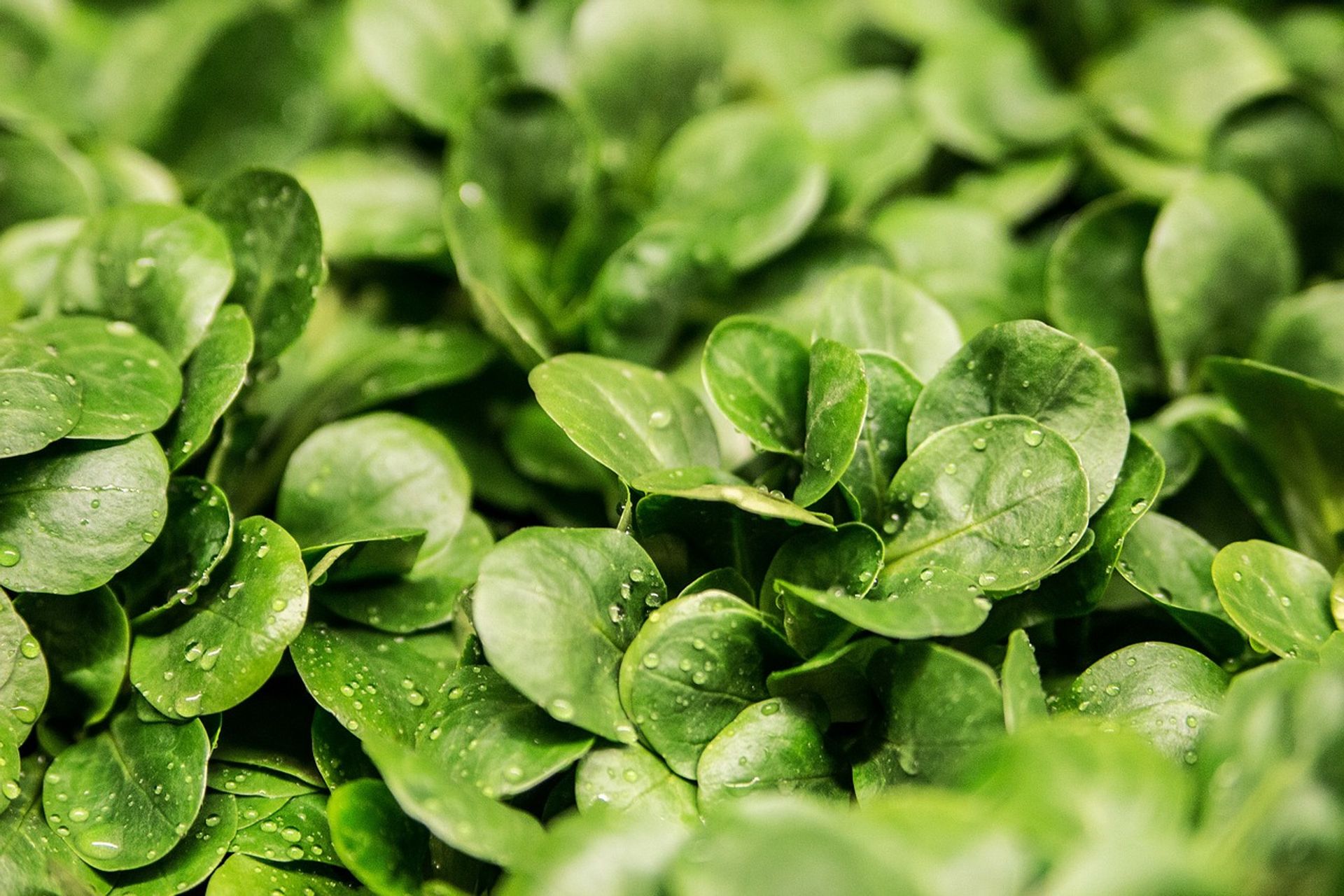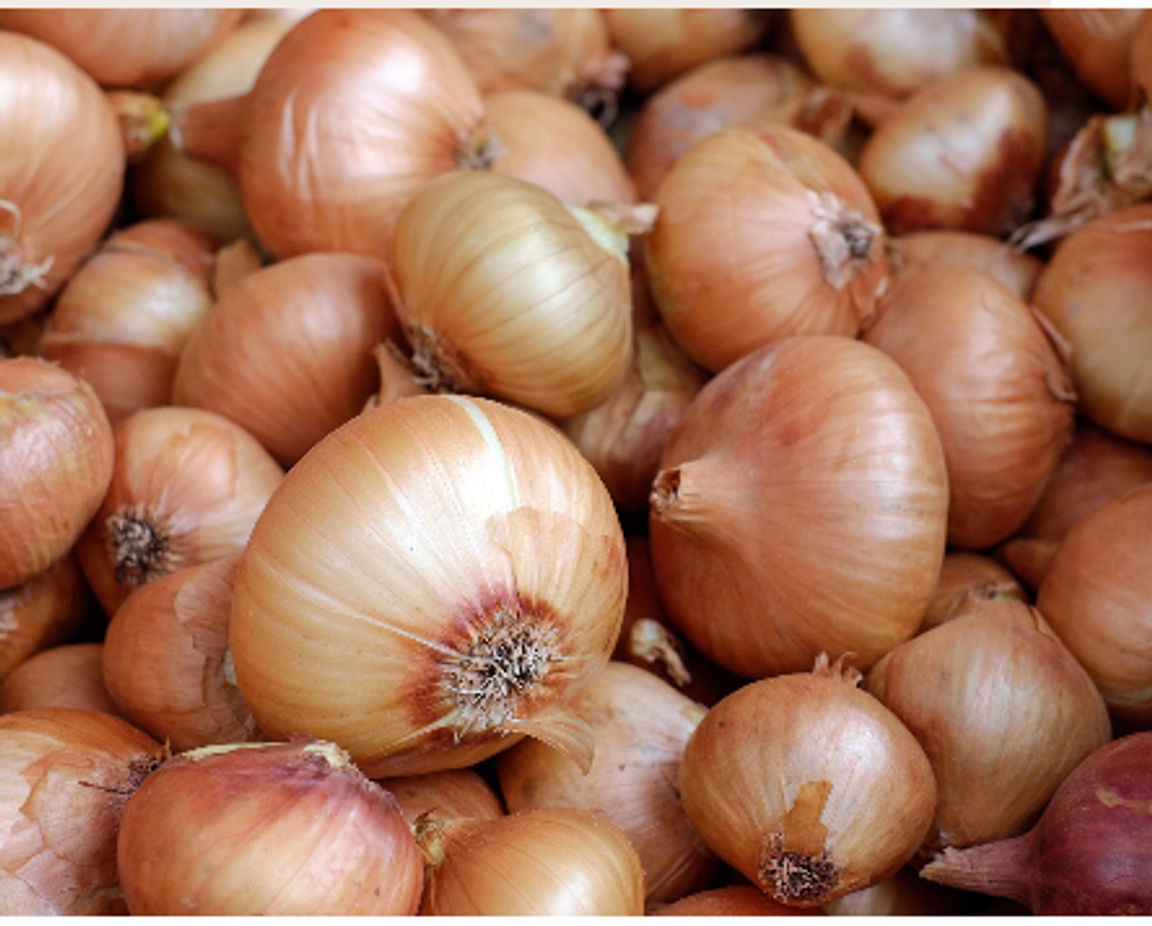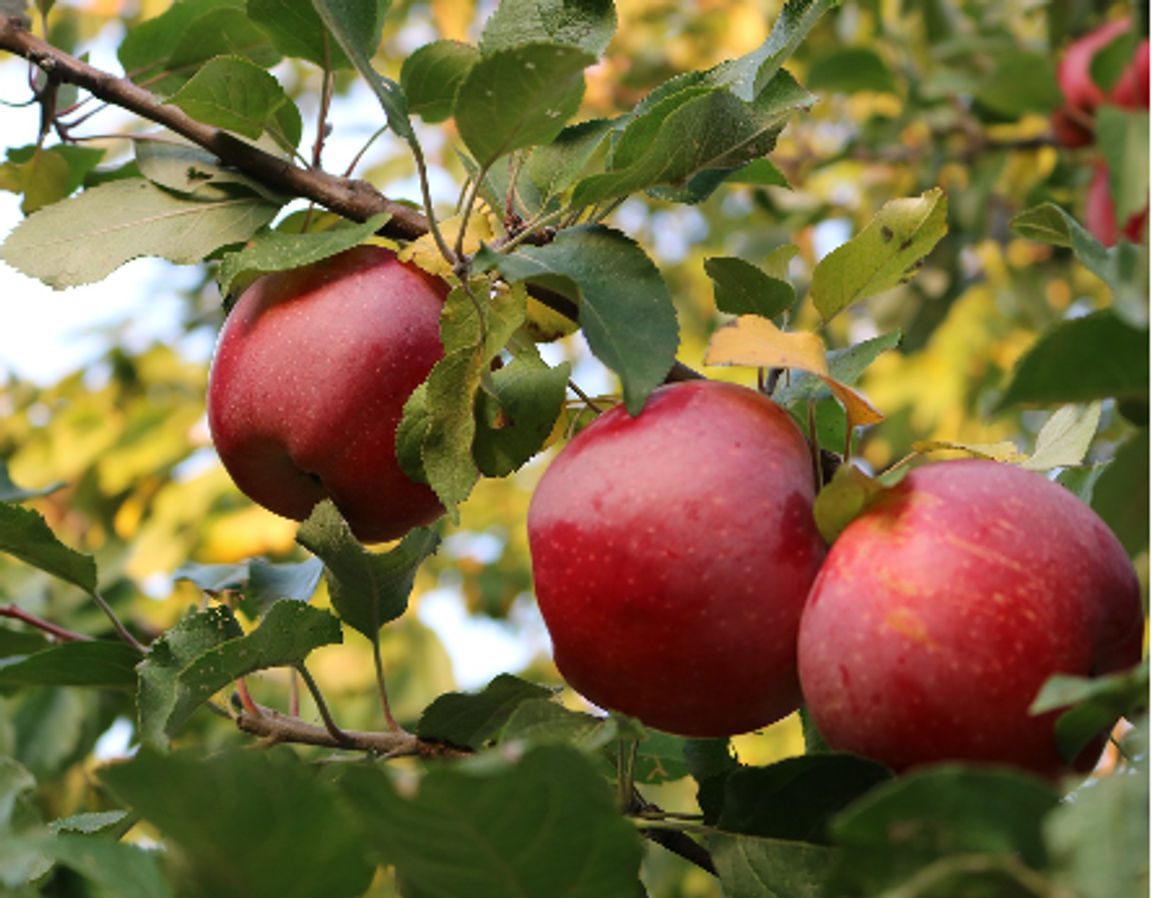

Spreading the nitrogen doses prevents leaching and soil wear. In this way, the nitrogen space is filled as efficiently as possible. This allows plants to benefit maximally from the spread of donations. More and more people decide to choose a vegetable fertilizer for the second or third time. This has a number of good reasons: eliminating the risk of leaf damage due to "burning", dosed release of minerals and nitrogen so that they do not leach out, and because of the organically bound nitrogen with significant amounts of amino acids. But vegetable fertilizers are mainly chosen because they nourish both the soil and the plant.

Usually the fertilizer
Usually the fertilizer is chosen based on the nitrogen content, because it is often thought that plants absorb nitrogen in the form of nitrate or ammonium. That's a shame, because another good option for providing plants with extra nitrogen is by using amino acids. Applying organic nitrogen in the form of amino acids has many benefits. For the plant, amino acids are a nitrogen source that requires little to no energy to use. Amino acids do not need to be converted in the same energy-consuming way as nitrate. Another big advantage is that the amino acids are available to plants, but it does not volatilize like nitrate.
Binding to the soil makes no difference to the absorption by the plant. Binding does not mean that they are not available to the plant. Nitrate is known to be very mobile and quickly leaches out under wet conditions and ends up in the groundwater. Organically bound nitrogens remain better and more stable in the soil because they are bound to biology, soil aggregates and carbons.
Organically bound nitrogens remain better and more stable in the soil
by being bound to biology, soil aggregates and carbons.
A 100% vegetable fertilizer granule that is easy to apply and nourishes both the soil and the plants is OPF Granulate. This product contains 11% nitrogen, most of which is in the form of amino acids and is completely effective. This means there is no leaching or volatilization. Effective means that the nitrogen is fully usable for the plant and the soil and therefore produces a high return. The pH value of 5 has no influence on the (superficial) root environment and thus prevents undesirable side effects of low or high pH influence.
OPF Granulate contains natural trace elements such as calcium, boron and a perfectly measured amount of sulphur. There is an important reason for this. Sulfur is needed to make a number of important amino acids such as cysteine and methionine and for the construction of proteins. It is important to prevent sulfur deficiency, because then the production of amino acids is interrupted. On the other hand, overdosing on sulfur or too much sulfur at once is harmful to plants and disastrous for soil biology. It is not without reason that sulfur is used as a fungicide. That is why a measured supply of sulfur is so important for soil quality. Calcium is necessary for strong cell walls and active cell division. Calcium availability during the cell division phase is extremely important. In addition, calcium is extremely important in the production of natural defense substances in the plant.

Controlled fertilization during cultivation
Fertilizing with OPF Granulate at the right time mainly depends on the desired effect. If sufficient calcium and as much energy as possible must be available during the cell division phase of young plants in particular, it is wise to use OPF Granulate 3-4 weeks before this moment. A commonly used rule is to apply OPF Granules 3-4 weeks before an important period, with one repetition during that important period. Dosage depends on the crop; fertilization with 150-300 kg/ha is most common.
Do you have any questions regarding this article?
please contact us
- Nederlands
- English
- Deutsch
- Francais